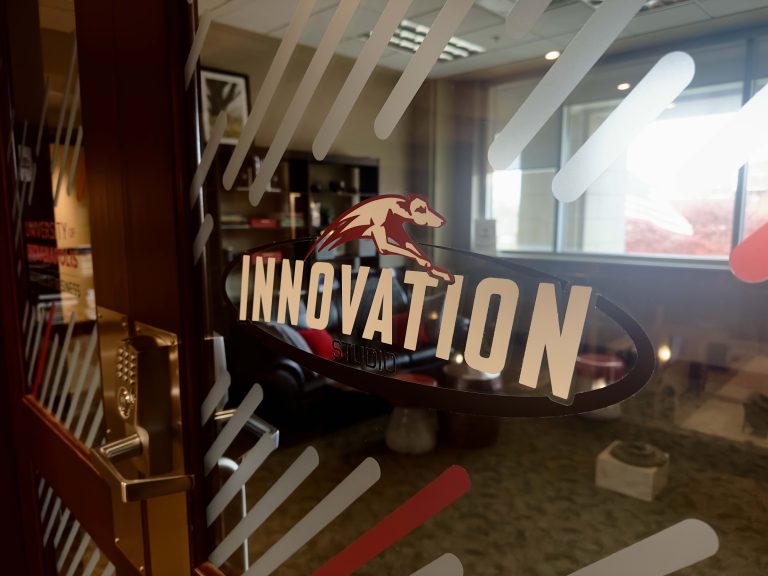While some students at the University of Indianapolis are practicing their own belief systems, they can overlook the other beliefs and traditions on campus. However, there is also a system with no belief in gods, referred to as atheism.
Freshman exercise science major Alex Flickinger identifies as an atheist, and he sees the ideology as based on the logical and natural order of the world.
“If I’m correct, [atheists] are believer[s] in science and logic,” Flickinger said. “[Atheism is] a belief in science and [that] there are no gods and there are no other forces ruling the world except for science.”
Beyond science, Flickinger said he also has personal reasons for being an atheist.
“Most of my family is Christian, and they all started like that. I didn’t like the church, so I opted out of it,” Flickinger said. “I haven’t seen any evidence that there is a god, or that there is any other evidence except science that causes change.”
Junior psychology major Lauren Cohen sees atheism as an aspect of identity too. Just as she would respect someone’s identity as a Christian, Cohen said, she wants others to show the same respect for atheism.
“I’m just what I identify as—an atheist—just the same way as someone would identity as a Christian or being Muslim,” Cohen said. “Believe in whatever you want; just don’t ask me to believe in it, too. People who identify as an atheist don’t believe in a divine being or beings. We don’t think there is a god or that there was a god that created everything around you.”
Freshman chemistry major Landon Weber describes his atheism as something akin to an ongoing experiment. According to Weber, his beliefs are very similar to those of Flickinger and Cohen, in that there are no gods, only logic.
“Atheism is the belief that there are no gods. Atheists believe to a certainty that there are no gods. I know almost certainly that there are no gods,” Weber said. “I believe in science, experiments, and proof that things are the way that they are. Religion doesn’t apply to it.”
In science, Weber explained, hypotheses are generated to test why and how things work. Weber believes that atheism is very similar to that same scientific process.
“I wish people knew that atheists aren’t certainly atheists forever. Most atheists believe that you can test a hypothesis, and religion is a hypothesis,” Weber said. “I doubt being an atheist all the time.”
On a diverse campus such as UIndy’s, cultures often intermingle with one another, which could be a negative experience, but Flickinger feels that he has not experienced anything negative about his beliefs that would affect his time as a Greyhound.
“I would say [I feel accommodated], until there is a point that I feel like other religions are bearing down on me,” Flickinger said. “I still feel like as long as that’s taken care of, and no one is forcing me into anything, [I am satisfied].”
According to Cohen, there is a societal stigma against those who are atheists. She said the public is quick to denounce the practice of atheism as being immoral, or its practitioners of having no moral compass.
Flickinger, however, said that morals come from a variety of sources.
“My [morals] are indirectly connected to the Bible because of my upbringing and my parents,” he said. “In my opinion, it’s based on your upbringing and your parents raising you. You could say that my morals come from Christianity, because I was raised Christian.”
Flickinger believes that it is important for the general public to understand what being an atheist is in order to gain a better understanding of how it differs from various faiths and traditions. He also emphasized the many interpretations of atheism and the importance of not generalizing the ideology.
“I feel like atheism is an open concept,” Flickinger said. “Depending on the person, it can be different. It’s important to talk to other [atheists] and see what atheism is to them.”








